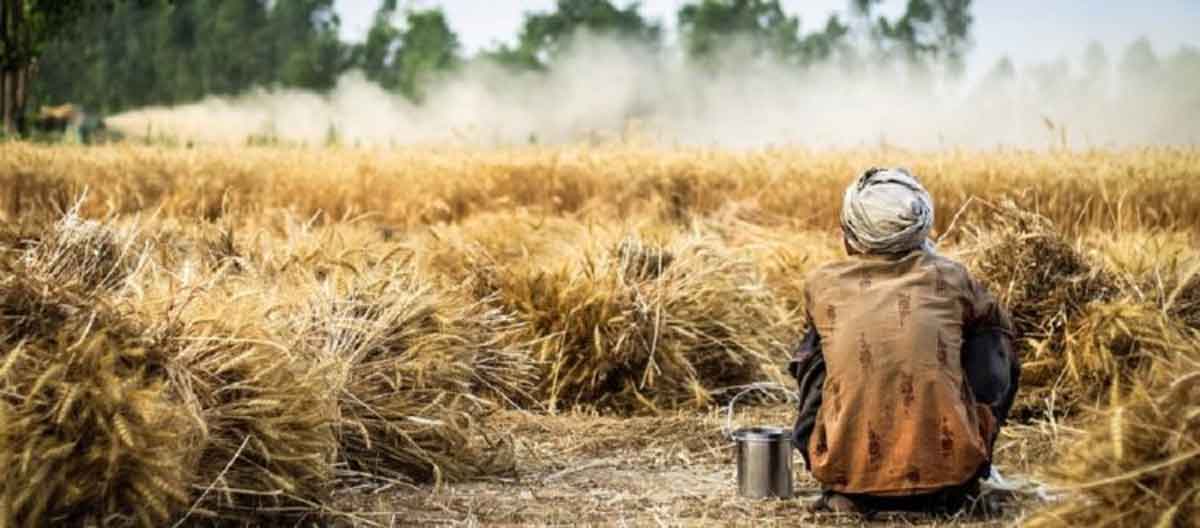Disability Mainstreaming in Uganda

In Uganda, 19% of people aged 5 and over have some form of disability, the number in Amuru is high due to the actions of the Lord’s Resistance Army in the past. The social and economic status of people with disabilities in Uganda is particularly precarious, because of the high correlation between the incidence of poverty and disability.
Those with disabilities experience discrimination and abuse, lack control over their lives and face multiple barriers to securing livelihoods or productive resource. They lack skills and education that could help them get a job or earn their own income; lack access to assets and tend to be excluded from decision-making about their own lives. Women and girls with disabilities face a double disadvantage and are at greater risk of sexual or gender based violence.
We will help farming families achieve greater food security and improved livelihoods. There will be a special focus on how we can develop our approach to ensure greater inclusivity across all our projects; how we can actively engage those with disabilities and how we can adapt our approach to meet their needs.
This project will involve setting up mixed self-help groups with both disabled and non-disabled people. In doing so, we aim to reduce stigma around disability and encourage learning and shared understanding between disabled and non-disabled people in the community.
Key outcomes for beneficiaries:
- Food secure and resilient to environmental shocks
- Self –sufficient and have multiple income sources
- Self-confident and equitably sharing roles and resources
- Increased awareness on their rights and are able to participate in productive activities
- Communities educated on how those with disabilities can be included in agricultural activities and be a valued part of society and family life
Duration: 30 months
Location: Amuru
Local Partners: Send a Cow Uganda
Beneficiaries: 4,200 people including those with a disability will benefit by becoming
- Food secure and resilient to environmental shocks
- Self –sufficient and have multiple income sources
- Self-confident and equitably sharing roles and resources
- Increased awareness on their rights and are able to participate in productive activities
- Communities educated on how those with disabilities can be included in agricultural activities and be a valued part of society and family life